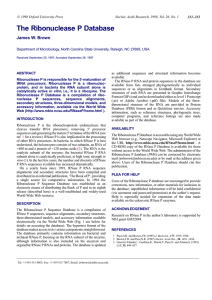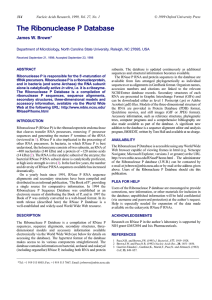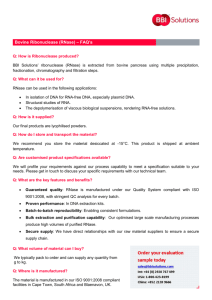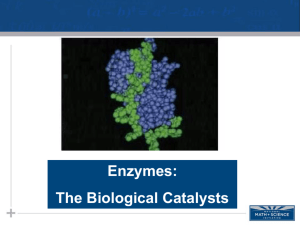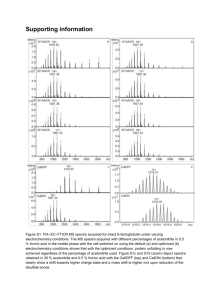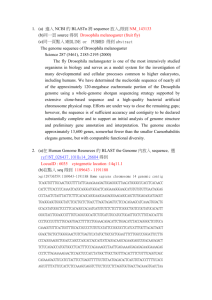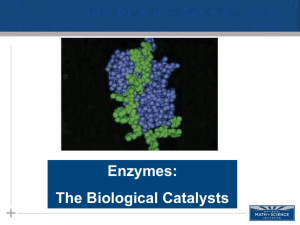Seminar Department of Chemistry Ronald Raines Ribonuclease:
advertisement
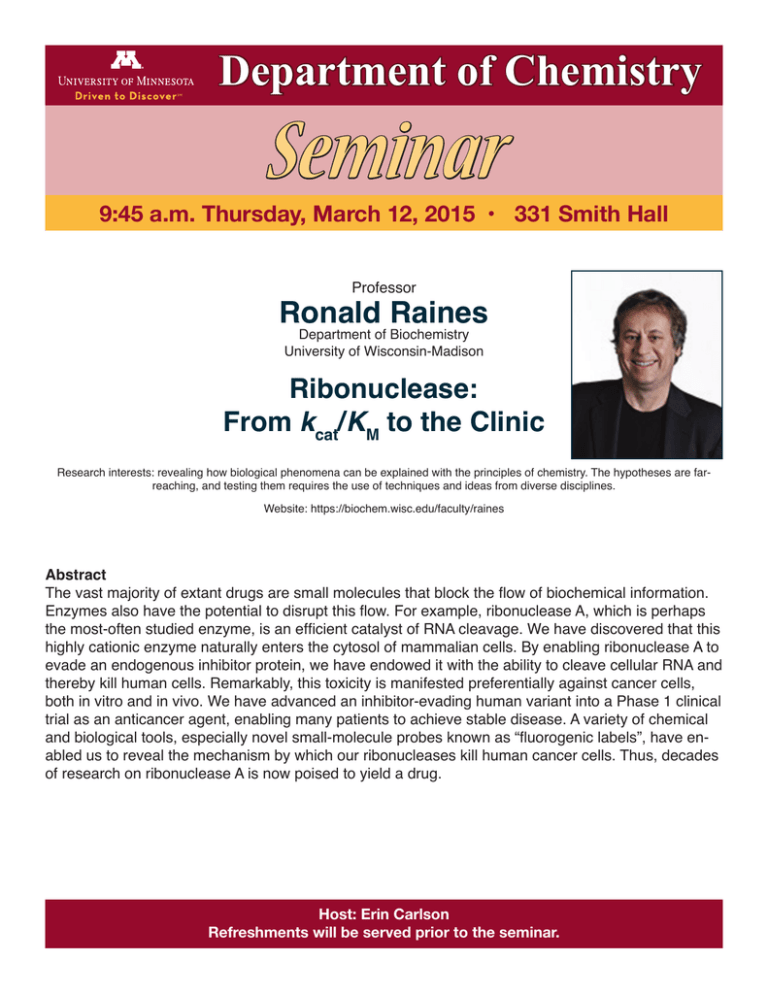
Department of Chemistry Seminar 9:45 a.m. Thursday, March 12, 2015 • 331 Smith Hall Professor Ronald Raines Department of Biochemistry University of Wisconsin-Madison Ribonuclease: From kcat/KM to the Clinic Research interests: revealing how biological phenomena can be explained with the principles of chemistry. The hypotheses are farreaching, and testing them requires the use of techniques and ideas from diverse disciplines. Website: https://biochem.wisc.edu/faculty/raines Abstract The vast majority of extant drugs are small molecules that block the flow of biochemical information. Enzymes also have the potential to disrupt this flow. For example, ribonuclease A, which is perhaps the most-often studied enzyme, is an efficient catalyst of RNA cleavage. We have discovered that this highly cationic enzyme naturally enters the cytosol of mammalian cells. By enabling ribonuclease A to evade an endogenous inhibitor protein, we have endowed it with the ability to cleave cellular RNA and thereby kill human cells. Remarkably, this toxicity is manifested preferentially against cancer cells, both in vitro and in vivo. We have advanced an inhibitor-evading human variant into a Phase 1 clinical trial as an anticancer agent, enabling many patients to achieve stable disease. A variety of chemical and biological tools, especially novel small-molecule probes known as “fluorogenic labels”, have enabled us to reveal the mechanism by which our ribonucleases kill human cancer cells. Thus, decades of research on ribonuclease A is now poised to yield a drug. Host: Erin Carlson Refreshments will be served prior to the seminar.
